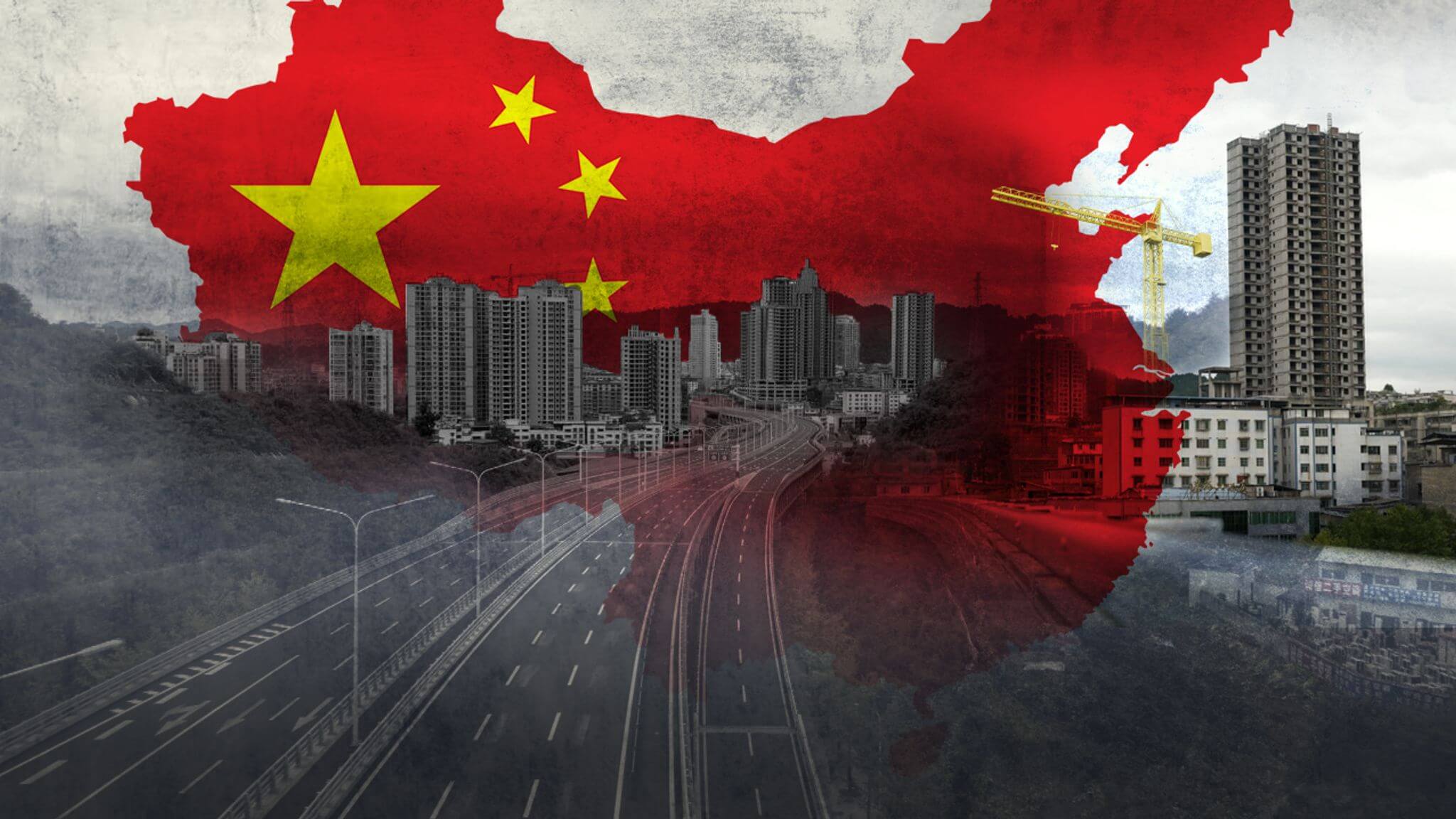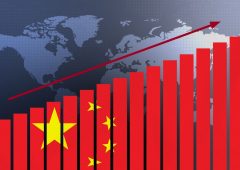Will China’s $142 Billion Bailout Revive Its Struggling Economy?
26.09.2024 18:00 1 min. read Alexander Stefanov
China is considering a significant capital boost of about $142.4 billion (1 trillion yuan) to support its largest state bank, aiming to revitalize a faltering economy and stagnant markets.
This initiative may involve issuing new sovereign bonds, representing the largest government bailout effort since the 2008 financial crisis.
This potential move comes as part of broader stimulus strategies following reports that four of China’s five leading banks posted losses in the second quarter.
In response to government pressure, these banks have lowered interest rates to stimulate declining loan demand. Analysts are calling for more aggressive fiscal measures to counter deflationary risks that threaten China’s growth targets.
The People’s Bank of China (PBOC) announced an economic stimulus package on September 24, hoping to lift the economy from deflationary pressures.
Critics have raised concerns about the effectiveness of the PBOC’s liquidity injections, citing persistently low credit demand and a lack of supportive policies for genuine economic activity.
Despite these challenges, markets reacted positively, with China’s CSI 300 index up 0.35% and Hong Kong’s HSI index gaining 1.5% as of September 26.
However, lowering interest rates has had adverse effects, as major banks like ICBC and CCB reported reduced second-quarter profits. ICBC’s net interest margin fell to 1.43%, while Agricultural Bank of China reported a 14.2% profit increase, contrasting with the overall trend.
-
1
Robert Kiyosaki Predicts 2025 “Super-Crash,” Urges Hoarding Gold, Silver, and Bitcoin
23.06.2025 13:31 2 min. read -
2
Billionaire Slams Meme Stock Hype and Sounds Alarm on U.S. Fiscal Health
15.06.2025 18:00 2 min. read -
3
Billionaire Investor Sees Dollar Crash If Key Support Breaks
18.06.2025 15:00 1 min. read -
4
Nassim Taleb Says Global Trust Is Shifting from the Dollar to Gold
22.06.2025 17:00 1 min. read -
5
Geopolitical Shockwaves Hit Ethereum Hard While Bitcoin Stays Resilient
22.06.2025 16:21 1 min. read
Robert Kiyosaki Predicts When The Price of Silver Will Explode
Robert Kiyosaki, author of Rich Dad Poor Dad, has issued a bold prediction on silver, calling it the “best asymmetric buy” currently available.
U.S. PCE Inflation Rises for First Time Since February, Fed Rate Cut Likely Delayed
Fresh data on Personal Consumption Expenditures (PCE) — the Federal Reserve’s preferred inflation gauge — shows inflation ticked higher in May, potentially delaying the long-awaited Fed rate cut into September or later.
Trump Targets Powell as Fed Holds Rates: Who Could Replace Him?
Federal Reserve Chair Jerome Powell is once again under fire, this time facing renewed criticism from Donald Trump over the Fed’s decision to hold interest rates steady in June.
U.S. National Debt Surge Could Trigger a Major Crisis, Says Ray Dalio
Billionaire investor Ray Dalio has sounded the alarm over America’s soaring national debt, warning of a looming economic crisis if no action is taken.
-
1
Robert Kiyosaki Predicts 2025 “Super-Crash,” Urges Hoarding Gold, Silver, and Bitcoin
23.06.2025 13:31 2 min. read -
2
Billionaire Slams Meme Stock Hype and Sounds Alarm on U.S. Fiscal Health
15.06.2025 18:00 2 min. read -
3
Billionaire Investor Sees Dollar Crash If Key Support Breaks
18.06.2025 15:00 1 min. read -
4
Nassim Taleb Says Global Trust Is Shifting from the Dollar to Gold
22.06.2025 17:00 1 min. read -
5
Geopolitical Shockwaves Hit Ethereum Hard While Bitcoin Stays Resilient
22.06.2025 16:21 1 min. read


